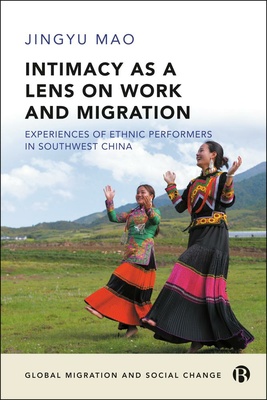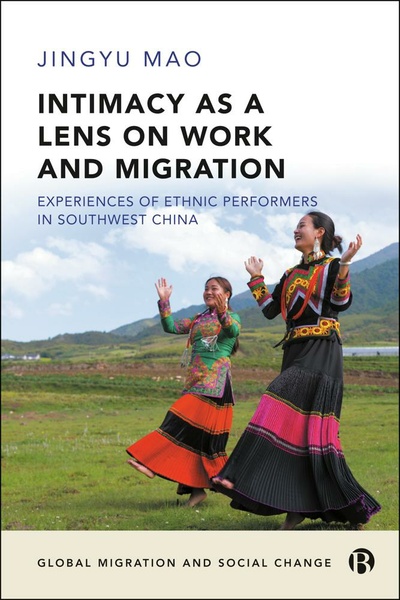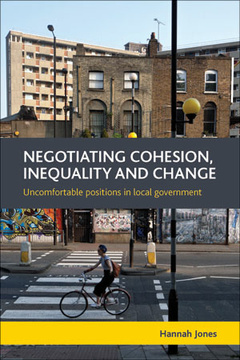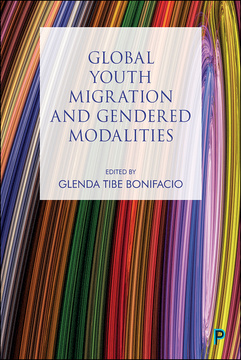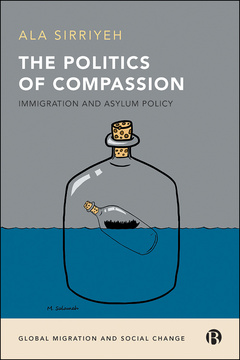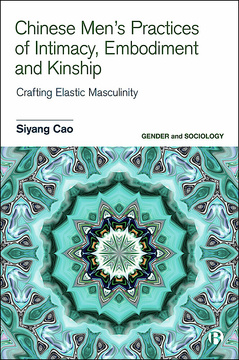Intimacy as a Lens on Work and Migration
Experiences of Ethnic Performers in Southwest China
By Jingyu Mao
ISBN
978-1529225853Dimensions
234 x 156 mmImprint
Bristol University PressISBN
978-1529225860Dimensions
234 x 156 mmImprint
Bristol University PressISBN
978-1529225860Dimensions
234 x 156 mmImprint
Bristol University PressThis book explores the experiences of ethnic performers in a small Chinese city, aiming to better understand their work and migration journeys. Their unique position as service workers who have migrated within the same province provides valuable insights into the intersection of social inequalities related to the rural-urban divide, ethnicity and gender in contemporary China. Introducing the concept of ‘intimacy as a lens’, the author examines intimate negotiations involving emotions, sense of self and relationships as a way of understanding wider social inequalities.
Drawing on ethnographic fieldwork, the book reveals the bordering mechanisms encountered by performers in their work as they navigate between rural and urban environments, as well as between ethnic minority and Han identities. Emphasising the intimate and personal nature of these encounters, the book argues that they can help inform understanding of broader social issues.
“In her excellent study, Jingyu Mao compellingly shows how close attention to intimacy, affect and embodiment in the workplace offers fresh insights into China’s rural/urban divide and gender, class and ethnic inequalities.” Amy Hanser, University of British Columbia
Jingyu Mao is Lecturer in Sociology at the University of Edinburgh.
1.Introduction
2.Ethnic Performance Work
3.Intimate Negotiation Along the Rural-Urban Borders
4.Encountering Ethnicity
5.Gendering the Border Struggles
6.Conclusion







